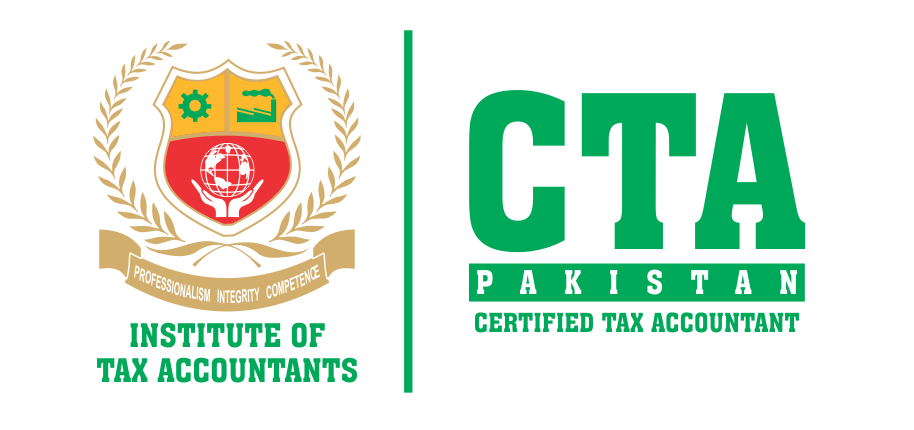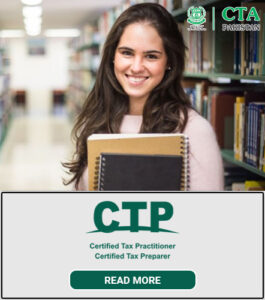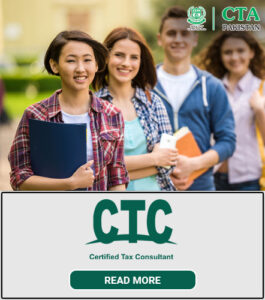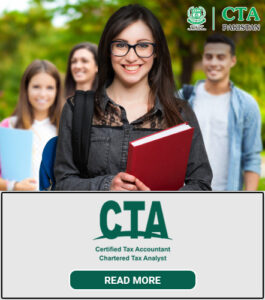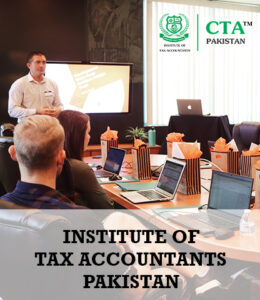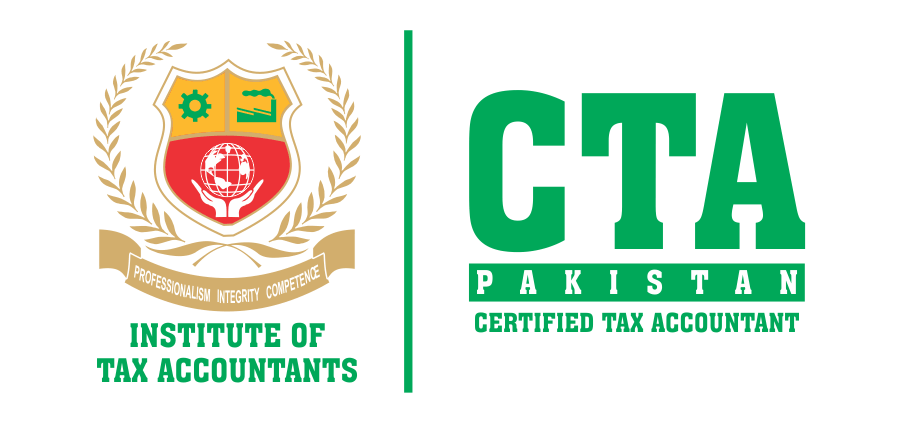What Is a Tax Accountant?
Tax accountants offer tax planning advice to their clients, and help them save money during tax time. These professionals create effective plans for their clients to follow throughout the year, keep them on track to meet their financial goals, and protect them from having to pay more than they can afford by the tax deadline.
Tax accountants work with clients to produce tax return documents that follow tax laws and regulations. They keep their clients updated on their return information, and work with them before tax time to derive a plan that will help them reach their desired financial goals and outcomes. Tax accountants often work longer hours during tax time, as they make themselves fully accessible to their clients to make the tax process as easy as possible for them.
What Does a Tax Accountant Do?
Tax accountants determine tax strategies that defer, minimize, or eliminate tax payments, and arrange audits with taxation authorities. These accountants prepare tax documents for a clientele that can include public and private companies, nonprofit organizations, government agencies, and private individuals. As a result of this broad customer base, tax accountants must demonstrate excellent communication skills, as well as the ability to actively listen to their clients as they express their unique concerns.
In general, tax accountants work standard full-time hours in an office environment, however, during tax season these accountants are much busier; they may work extended hours including weekends and nights.
In addition to holding a bachelor’s or master’s degree, many candidates in the field boast certifications, including chartered accountant, management accountant, certified internal auditor, certified financial planner, certified public accountant, Tax Lawyers and enrolled agent. These certifications allow professionals to demonstrate a certain level of expertise in a particular area of the field. In general, tax accountants work standard full-time hours in an office environment, however, during tax season these accountants are much busier; they may work extended hours including weekends and nights.
Accountants review financial statements to ensure accuracy, and help clients meet the necessary regulations and laws for taxes. They calculate the taxes owed and prepare tax returns, while also making sure clients’ taxes are paid on time. Accountants also work with their clients to come up with ways they can reduce their spending and enhance their income to improve profitability. Additionally, they help their clients develop budget plans to stay on track during the year in order to simplify things during tax time.
Tax accountants can also specialize within their field. For instance, forensic accountants investigate financial crimes such as embezzlement, bankruptcies, and fraud. Tax accountants with a specialty in forensic accounting use their expertise to investigate individuals suspected of tax fraud; they rely on their extensive knowledge of tax laws to conduct their investigations, and work side-by-side with law enforcement professionals.
Tax accountants with a management focus review the finances of organizations and prepare tax documents for business managers. These accountants work alongside financial managers to focus on asset management. They also choose the appropriate financial investments for their clients, and explain the implications to their tax returns.
Understanding software is an important part of a tax accounting career.
Government is another focus of tax accountants, as they work with tax records of local, state, and federal government agencies. These accountants emphasize tax laws and regulations, and ensure their clients align with all of the relevant tax laws. Comparable occupations to tax accountants include financial managers, budget analysts, financial analysts, cost estimators, and personal financial advisors.
Understanding software is an important part of a tax accounting career. Accountants use a variety of software programs depending on their clients’ specific needs. Accountants should be able to comfortably use Microsoft Excel to document their data and figures for their clients. Additional software requirements include computing programs and tax preparation programs. Employers often outline software requirements during the application process, and provide accountants the necessary training on many of the systems they must use.
Learn More About Tax Accountants and Take the First Step Today
WHAT ARE THE RESPONSIBILITIES OF A TAX ACCOUNTANT?
Examine Financial Statements
Tax accountants work with clients to get a clear picture of their overall financial situations as they prepare their tax return documents. Accountants review all relevant financial statements to make sure they align with the tax laws and regulations, and ensure they maintain the most accurate view of a client’s financial situation.
Create Budget Plans
One of the primary responsibilities of tax accountants is to help their client’s determine ways they can save money and stick to a viable budget. Accountants also help clients strategize ways to increase their income and improve their overall profitability; this includes notifying them of how those changes can impact their tax return information.
Organize Financial Records
Not only do tax accountants work with their clients to prepare tax return documents, they help clients organize their personal financial records. Tax accountants keep their clients’ information on file and can access it anytime their clients have a specific request that requires a reference to prior documents.
Computing Taxes
Tax accountants compute the taxes their clients owe to the Internal Revenue Service (IRS), prepare their tax returns, inform them of any refund or balance owed, and make sure they do not incur any penalties for missed deadlines.
Inspecting Accounting Systems
Successful tax accountants must review their accounting systems to make sure they are as efficient and effective as possible. Doing so allows accountants to notice any issues or errors and correct them as needed.
Communicating with Clients
Individuals and business owners like to stay involved with their tax return process. It is important for clients to feel like they understand what to expect with their tax return, as well as the process it takes to complete their information. Therefore, tax accountants must communicate with their clients and provide them with timely information.
What Qualifications Do You Need to Become a Tax Accountant?
Education
Bachelor’s Degree Most of the Tax Accountants hold a bachelor’s degree in finance or accounting, while an additional concentration in tax law may be particularly beneficial.
Master’s Degree Some employers require tax accountants to hold a master’s degree and certifications as financial planners, public accountants, or enrolled agents.
Skills
Tax Preparation These accountants must have a keen eye for detail in order to accurately and efficiently prepare tax returns and documents.
Tax Compliance Tax accountants must possess a comprehensive knowledge of tax compliance and tax laws and regulations to ensure they best represent their clients.
Microsoft Excel Tax accountants regularly use Microsoft Excel t0 input data and maintain their records.
Tax accountants play an important role in the financial community, particularly for business owners. Tax accountants prepare tax returns for individuals or organizations, and help clients ensure they correctly complete all relevant tax documents. In fact, the accounting field is expected to grow faster than the average career . Joining this lucrative career means opening the door to several new opportunities and a rewarding way to earn a living. Below we offer more information about how to become a tax accountant, the skills accountants need to succeed, and some helpful career resources.
WHAT SKILLS DO YOU NEED TO BECOME A TAX ACCOUNTANT?
Becoming a tax accountant requires hard work in school, but the skills you build can benefit you in numerous ways beyond the accounting field. In fact, most successful tax accountants improve their skills over time, meaning their learning doesn’t stop after graduating from an undergraduate program.
A successful tax accountant must possess several key skills. While it helps to already have these skills before beginning an undergraduate accounting program, you can also develop these while in school. Some of these are learned from lectures and coursework, while others are a result of your work ethic and study habits.
Tax accountants must possess strong math skills, as their daily tasks require substantial time looking at numbers and trying to frame them in ways to best help their clients. Problem-solving skills complement mathematics, as they help tax accountants deliver a better product. Often, clients may have complicated tax forms, multiple W2s, or may need assistance with tax write-offs. Tax accountants must use this information to strategize the best outcome for their client.
Good communication skills also play a vital role for tax accountants, as they must clearly communicate complex information to clients in a way they can understand. Good time management skills are also crucial; relaying information and finishing taxes on time allows you to maintain a positive relationship with your clients and increases the chance of them recommending you to others.
HOW LONG DOES IT TAKE TO BECOME A TAX ACCOUNTANT?
There are multiple steps one must take to become a tax accountant, but they can lead to a rewarding career with many opportunities. Although everyone follows a different path, all tax accountants must meet certain requirements.
Step 1:First, you must complete a bachelor’s program in accounting by attending an accredited university that offers this program.Researching schools with accounting programs sets you up to receive a quality education. Pay attention to other features that fit your needs, such as online programs, accelerated programs, night classes, as well as useful student resources. Most students complete their degrees in 4-5 years, but this varies by school and student.
Step 2:Some students continue their education beyond a bachelor’s degree, which can set them apart from other professionals and open the door to more career opportunities; however, with the tax accounting field experiencing steady job growth, you may find numerous jobs available to you without earning a master’s degree. A master’s degree typically adds two years to one’s time in school.
Step 3:Once you complete an undergraduate program, you may apply t0 become a certified tax accountant (CTA). CTAs receive official accreditation as part of a professional body of tax accountants. Receiving CTA licensure expands your job pool, creates opportunities for higher pay, and allows you to become a more skilled accountant. Although the required coursework for this certification often takes little time, keep in mind that a master’s degree often includes some required coursework, meaning it may take more time if you only hold a bachelor’s degree.
Step 4:This process culminates in a CTA examination. Once you complete the requirements, contact the Institute of Tax Accountants Pakistan (CTA-Pakistan) and apply to take the exam. You can schedule the exam at an available time that works for you. Keep in mind that the exam only takes place at specific testing centers across the Pakistan and abroad, so you may have to factor in travel time. The CTA-Pakistan provides several helpful study tools for this examination. Visitors on their website find exam blueprints and information on each section’s structure.
